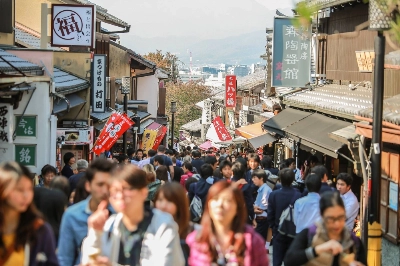The 19th-century historian and political analyst Walter Bagehot divided affairs of state between what he called the dignified and the efficient. In the dignified category were great formal meetings of state, the pomp and ceremony surrounding heads of state and monarchs, and all the symbolic parades and outward displays of power. In the efficient category were all the practical procedures and interests by which the real power in the state operated, such as the political lobbies and parliamentary lawmakers, the business and trade lobbies, and deal-makers, the quiet diplomatic manipulators settling international issues behind closed doors, and all the people of wealth and influence who in the end shaped policy, and everything else in a society.
Apply this approach to the modern world and it raises a central question about G8 summits. Have these colossal annual gatherings fallen from the efficient into the dignified category? Have they become just gigantic (and expensive) media events, with much wining and dining, and ceremony while the real issues are decided elsewhere?
The balanced answer would be that although this is the danger, the G8 events have not quite slipped into this role yet. It is true that they have come a long way from the almost casual and very informal gatherings of a handful of world leaders (only seven of them in those days) they once were. The seven would retreat to some suitably remote location and ruminate informally together on key world issues, with scarcely a single official in attendance, except perhaps the odd private secretary and press officer to tell the demanding media afterward what they had talked about. Naturally this could not last.


















With your current subscription plan you can comment on stories. However, before writing your first comment, please create a display name in the Profile section of your subscriber account page.